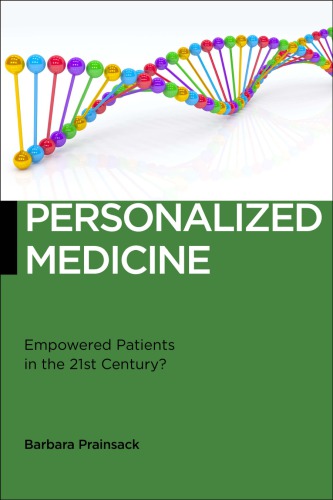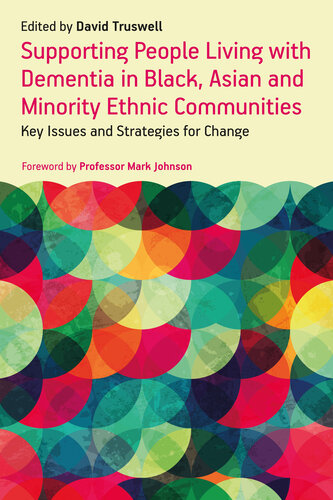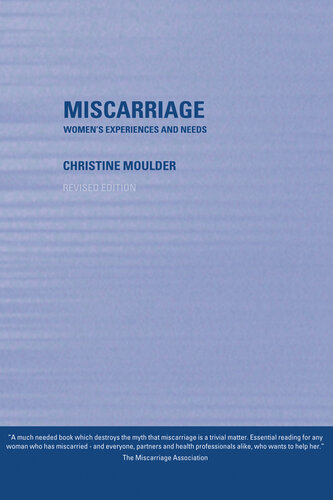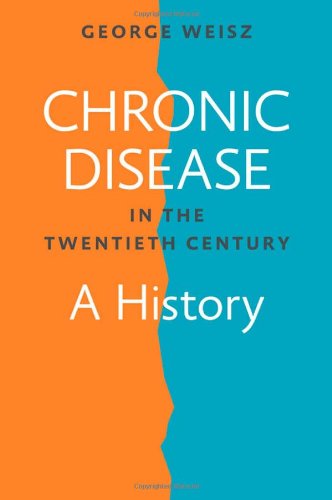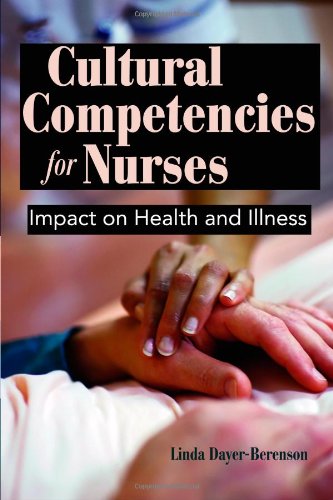پزشکی شخصی: بیماران توانمند در قرن بیست و یکم؟ ۲۰۱۷
Personalized Medicine: Empowered Patients in the 21st Century? 2017
دانلود کتاب پزشکی شخصی: بیماران توانمند در قرن بیست و یکم؟ ۲۰۱۷ (Personalized Medicine: Empowered Patients in the 21st Century? 2017) با لینک مستقیم و فرمت pdf (پی دی اف)
| نویسنده |
Barbara Prainsack |
|---|
| تعداد صفحهها |
271 |
|---|---|
| نوع فایل |
|
| حجم |
12 Mb |
| سال انتشار |
2017 |
89,000 تومان
معرفی کتاب پزشکی شخصی: بیماران توانمند در قرن بیست و یکم؟ ۲۰۱۷
در پزشکی شخصی شده مبتنی بر داده های امروزی، زمان، تلاش و اطلاعات مورد نیاز بیماران برای تحقق بخشیدن به آن
پزشکی بسیار قبل از مفهوم “پزشکی شخصی سازی شده” شخصی سازی شده بود. ” محبوب شدن. متخصصان بهداشت و درمان همیشه ویژگی های فردی بیماران خود را در هنگام تشخیص و درمان در نظر گرفته اند. بیماران از خود و یکدیگر مراقبت می کردند، در تحقیقات پزشکی مشارکت داشتند و از درمان های جدید حمایت می کردند. با توجه به این تاریخچه، چرا ایده پزشکی شخصی سازی شده در آغاز هزاره جدید این همه مورد توجه قرار گرفت؟
پزشکی شخصی حرکت اخیر درگیر شدن بیماران در نحوه درمان، تشخیص و درمان بیماران را بررسی می کند. جنبشی که با این مفهوم رو به افزایش مردم همراه است که مردم باید در مراقبت های بهداشتی خود فعال و آگاه باشند.
در حالی که شیوه های مشارکتی در پزشکی اغلب به عنوان مواردی از توانمندسازی بیمار تجلیل می شوند یا به عنوان مواردی از استثمار بیمار کنار گذاشته می شوند، باربارا پرینساک این دیدگاه ها را به چالش می کشد تا نشان دهد چگونه پزشکی شخصی شده می تواند به فردگرایی مبتنی بر فناوری منجر شود، در حالی که ارائه می دهد. فرصت های جدید برای تقویت همبستگی در مواجهه با آینده، این کتاب نشان می دهد که چگونه پزشکی با اطلاعات عددی، کمی و قابل محاسبه در حال تغییر جنبش شخصی سازی است و پیشرفتی معاصر در مورد نحوه اشتراک گذاری و بحث در مورد علائم یا بیماری های پزشکی در جامعه ارائه می کند.
پزشکی شخصی با گرد هم آوردن کارهای تجربی و مطالعات انتقادی از پزشکی، بهداشت عمومی، مدیریت داده ها، اخلاق زیستی، و جامعه شناسی دیجیتال، چالش های شخصی سازی ناشی از کار و داده های بیمار را تجزیه و تحلیل می کند. این حجم قانع کننده، درکی را پیشنهاد می کند که از شیوه های فن آوری جدید استفاده می کند تا نیازها و علایق بیماران را به جای حکومت کردن آن ها مطرح کند.
Inside today's data-driven personalized medicine, and the time, effort, and information required from patients to make it a reality
Medicine has been personal long before the concept of “personalized medicine” became popular. Health professionals have always taken into consideration the individual characteristics of their patients when diagnosing, and treating them. Patients have cared for themselves and for each other, contributed to medical research, and advocated for new treatments. Given this history, why has the notion of personalized medicine gained so much traction at the beginning of the new millennium?
Personalized Medicine investigates the recent movement for patients’ involvement in how they are treated, diagnosed, and medicated; a movement that accompanies the increasingly popular idea that people should be proactive, well-informed participants in their own healthcare.
While it is often the case that participatory practices in medicine are celebrated as instances of patient empowerment or, alternatively, are dismissed as cases of patient exploitation, Barbara Prainsack challenges these views to illustrate how personalized medicine can give rise to a technology-focused individualism, yet also present new opportunities to strengthen solidarity. Facing the future, this book reveals how medicine informed by digital, quantified, and computable information is already changing the personalization movement, providing a contemporary twist on how medical symptoms or ailments are shared and discussed in society.
Bringing together empirical work and critical scholarship from medicine, public health, data governance, bioethics, and digital sociology, Personalized Medicine analyzes the challenges of personalization driven by patient work and data. This compelling volume proposes an understanding that uses novel technological practices to foreground the needs and interests of patients, instead of being ruled by them.

